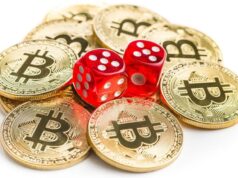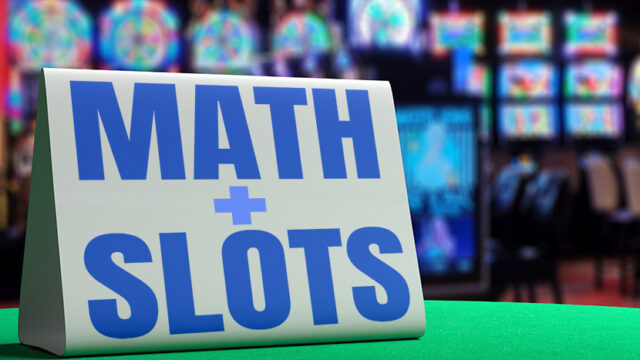
Slot machines have been a popular form of gambling for decades, attracting millions of players with their flashy lights, exciting sounds, and the promise of big jackpots. While many players rely solely on luck when playing slots, there are those who believe that there is a mathematical formula that can crack the code and give them an edge over the house. But is it really possible to beat slot machines with math?
In this article, we will delve into the mathematics behind slot machines and explore whether it’s possible to crack the code and increase your chances of winning. If you want to win money – try Casino.
At the heart of every slot machine is a random number generator (RNG), which is a complex computer program that generates thousands of random numbers per second. These numbers determine the outcome of each spin, and the results are displayed on the reels. The RNG ensures that the outcomes of the spins are completely random and unpredictable, making it impossible to predict or manipulate the results.
The payback percentage, also known as the return to player (RTP), is a crucial factor in determining the odds of winning on a slot machine. The payback percentage is the amount of money that a machine is programmed to pay back to players over time, expressed as a percentage of the total amount bet. For example, if a slot machine has a payback percentage of 95%, it means that, on average, players can expect to win back $95 for every $100 they bet over the long term.
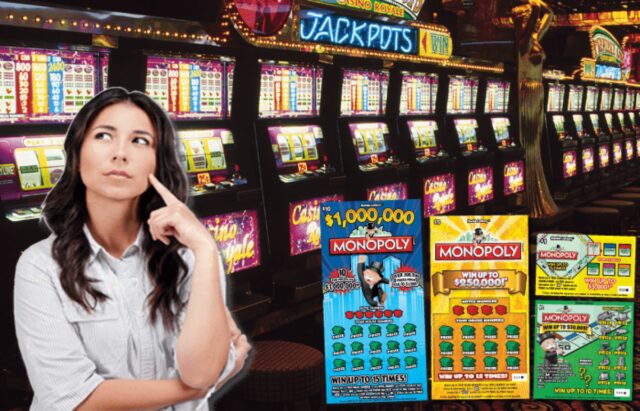
It’s important to note that the payback percentage is based on an average of millions of spins, and individual results can vary greatly in the short term. In fact, it’s possible to have long-losing streaks or big wins in a short period of time due to the random nature of the RNG. However, over a large number of spins, the actual results should converge to the payback percentage, which is the theoretical percentage that the machine is programmed to return to players over time.
One common strategy that players use to beat the odds of slot machines is bankroll management. Bankroll management involves setting a budget for your gambling session and sticking to it, regardless of whether you’re winning or losing. By setting a budget and managing your bets accordingly, you can minimize your losses and maximize your chances of winning.
For example, if you have a budget of $100 and you’re playing a slot machine with a payback percentage of 95%, you may decide to bet $1 per spin. This way, you can play 100 spins before running out of money, and statistically, you can expect to win back approximately $95 of your original $100 budget. Of course, individual results can vary greatly, and there is no guarantee that you will win back exactly $95, but by managing your bankroll, you can increase your chances of staying in the game longer and potentially hitting a winning spin.
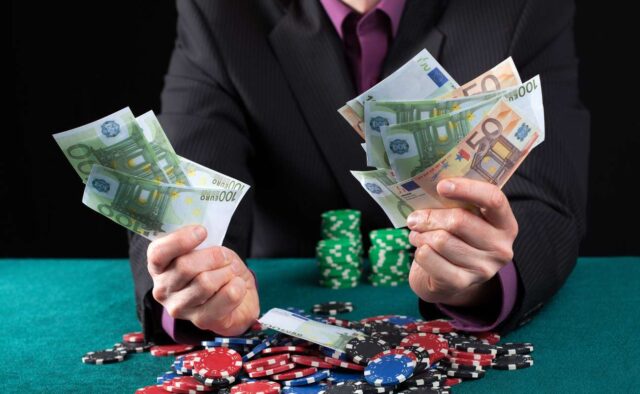
Another strategy that some players use is machine selection. Not all slot machines are created equal, and some machines may have higher payback percentages than others. The payback percentage of a machine is usually determined by the casino and can vary from machine to machine or from one casino to another. It’s generally believed that machines with higher denominations and higher betting limits tend to have higher payback percentages, although this is not always the case.
It’s important to note that payback percentage is not the same as hit frequency or the odds of hitting a winning spin. Hit frequency is the percentage of spins that result in a winning combination, while the odds of hitting a winning spin are determined by the number of symbols on the reels and the probability of each symbol landing on the payline.
Machines with higher hit frequencies may pay out more frequent wins, but the payouts may be smaller. On the other hand, machines with lower hit frequencies may have larger jackpots but may not pay out as frequently. Understanding the differences between payback percentage, hit frequency, and odds of winning can help you make informed decisions when choosing which slot machine to play.
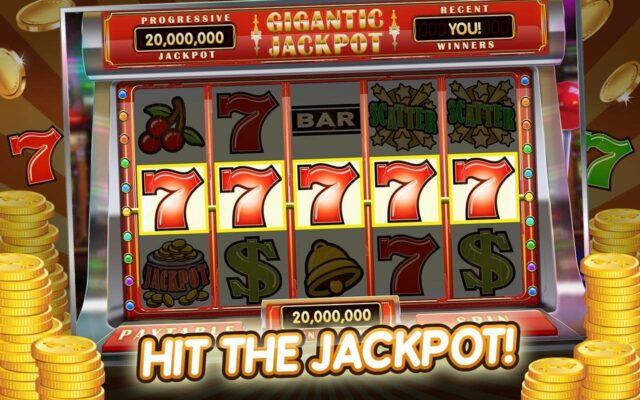
One popular theory among some players is the idea of “hot” and “cold” machines. According to this theory, some machines are “hot” and more likely to pay out, while others are “cold” and less likely to produce a winning spin. However, this is simply a myth. The outcomes of slot machine spins are determined by the RNG, and each spin is independent of the previous spins. The concept of hot or cold machines is purely a superstition and has no basis in mathematical or scientific fact.
There are also various betting strategies that some players believe can increase their chances of winning on slot machines. For example, some players may choose to bet the maximum amount on each spin, believing that this increases their chances of hitting a jackpot. Others may prefer to start with smaller bets and gradually increase their bets after a winning spin, or vice versa. However, these betting strategies do not affect the outcome of the spins, as each spin is still determined by the RNG and is completely random.
In fact, no betting strategy can change the odds or the payback percentage of a slot machine. The odds of winning on a slot machine are determined by the RNG and the machine’s programming, and no amount of betting strategy can alter this. Every spin is independent of the previous spins, and the outcome of each spin is purely random.
So, is it really possible to beat slot machines with math? The answer is no. While understanding the payback percentage, managing your bankroll, and making informed decisions when choosing which machine to play can help you maximize your chances of winning, there is no mathematical formula or strategy that can guarantee a win on a slot machine. The RNG ensures that the outcomes of the spins are random and unpredictable, and no amount of skill, strategy, or mathematical calculations can change this.
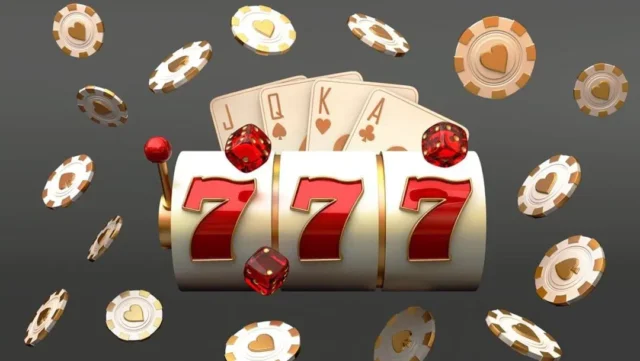
It’s also important to remember that slot machines are designed to be a form of entertainment, and the house always has an edge. Casinos are in business to make a profit, and slot machines are programmed to generate revenue for the casino over time. The payback percentage is calculated to ensure that the casino makes a profit in the long run, while still giving players a chance to win in the short term.
However, this doesn’t mean that playing slots can’t be enjoyable and potentially lucrative. Many players enjoy the thrill of spinning the reels and the excitement of possibly hitting a big jackpot. As long as you approach slot machines with realistic expectations, set a budget, and gamble responsibly, it can be a fun and entertaining form of gambling.
In conclusion, while there are many theories, strategies, and misconceptions surrounding the mathematics of slot machines, the truth is that beating slot machines with math is not possible. The outcomes of slot machine spins are determined by the RNG, and each spin is completely random and independent of the previous spins.
Understanding the payback percentage, managing your bankroll, and making informed decisions when choosing which machine to play can help you increase your chances of winning in the short term, but there is no guaranteed way to beat the odds and consistently win on a slot machine.
Slot machines are designed to be a form of entertainment, and it’s important to approach them with realistic expectations and gamble responsibly. So, enjoy the thrill of playing slots, but don’t rely on math to beat the odds.


